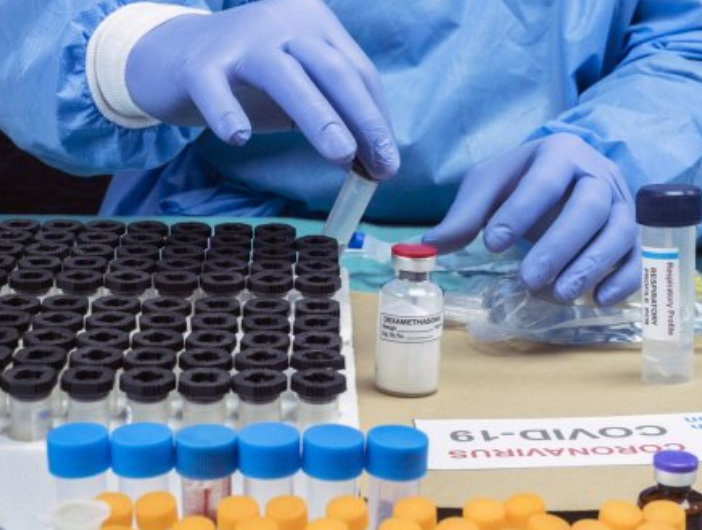In June, Oxford University researchers announced preliminary clinical trial results that showed the low-dose steroid dexamethasone appeared to lower the risk of death in COVID-19 patients. Further details of the study were not revealed with the announcement.
Dexamethasone has been effective in treating inflammation related to arthritis, asthma, and similar conditions. With this thought in mind, the clinical trial team wanted to test the drug’s effectiveness in treating lung inflammation in high-risk, hospitalized COVID-19 patients. For the clinical trial participants, it cut the risk of death by a third for patients on ventilators and by a fifth for patients on oxygen. Had the drug been used in the United Kingdom from the start of the outbreak, up to 5,000 lives could have been saved.
Additionally, the adoption of dexamethasone may be a major breakthrough for COVID-19 patients in poorer countries, as it only costs six dollars per patient. It’s also widely available: the United Kingdom currently has 200,000 courses available — enough to handle a potential second wave and spike in hospital admittance.
However, Dr. Kirsten Lyke , an infectious disease specialist at the University of Maryland School of Medicine, believes that we should “be extremely cautious” when using treatments that have not completed a full-scale vetting process. Given the urgency in finding treatment options for COVID-19, “people want to get results out quickly,” she explains. “But at the same time, if things are released too early or there’s harm that occurs from the intervention, that really erodes public trust.”

